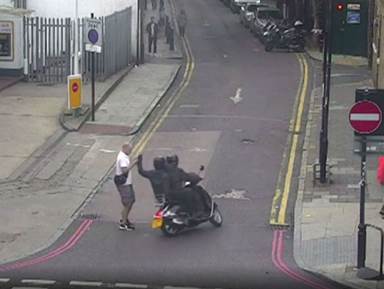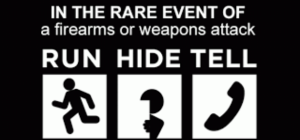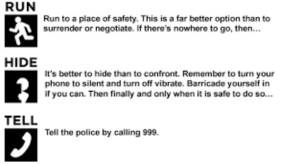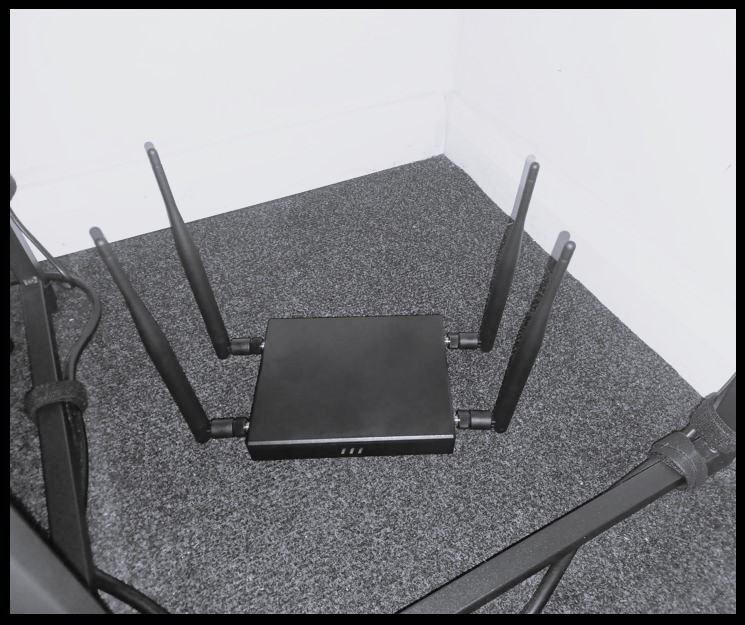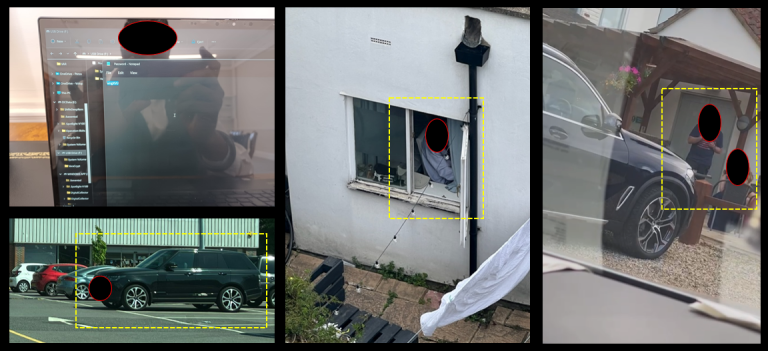Street security post lockdown:
During the lockdown, the UK has seen less reported crime (down more than a quarter during the pandemic) as people have followed Government advice and remained indoors, with the police tasked with enforcing the restrictions. However, as restrictions are eased the Police are anticipating an uptick in crime, and gang related activity on Britain’s streets. The Police are concerned of a ‘toxic mix’ of young men out of work, public gatherings being permitted again and later, the opening of licensed venues such as pubs and clubs. The Metropolitan Police are also said to be bracing for a surge of gang related activity (linked to county lines), such as drugs and knife crime, as gangs grapple to regain control of their territories after weeks off the streets. Reportedly the Met has moved more than 620 officers into new ‘violence suppression units’ across the capital. These specialist groups will target 250 micro-hotspots where street crime is expected to surge.
The impact Covid-19 has had on the economy could well result in a more ‘volatile and agitated’ society, and as with any case of economic downturn and deprivation, there is a risk levels of crime and disorder will increase, and that there would be a natural rise in crime.
Despite an increase in concern from the Police post lockdown the risk of falling victim to street crime on the streets of the UK remains low. For every offence, there are many thousands of safe journeys. Most offences occur simply because a victim happens to be in ‘the wrong place at the wrong time’, often in possession of desirable items. We can all be susceptible to ‘Street crime’ bit can cut the risks by planning Below is some basic advice that should assist in preventing you from falling victim to street crime.
1. Consider the security and safety implications in all you do – develop a security mind-set and encourage others to do the same
2. When you are in an environment that is new to you, do what you can to understand what the threats/risks might be and what might be a potential target for the criminal. When you know you are going to be navigating around an area by yourself, take time to familiarise yourself with the area first and work out exactly where you want to go prior to travel. Don’t be paranoid but just take a few minutes to understand your surroundings
3. Remain vigilant and situationally aware. Only you can likely help yourself, take responsibility for your security at all times
4. Adopt a low profile and don’t drop your guard – dress down and adopt a ‘grey man/woman’ persona. Avoid wearing expensive jewellery, watches, standout-clothing etc.
5. When in an unfamiliar location/area think about your routes (to and from an office or a transport hub) – if something happens, what shall I do? Where shall I go? Who shall I tell? Always have a Plan-B to allow for disruptions
6. When moving from A to B, walk confidently, against the flow of traffic and remain vigilant (head up and observing your surroundings). Avoid the use of mobile phones and the wearing of ear-phones. Be extra cautious if being approached by mopeds or bicycles. Busy, brightly-lit routes should always be taken at night. Avoid walking in dark areas
7. Be especially vigilant when using ATM’s – select an ATM carefully. Shield the screen and keyboard so anyone waiting to use the ATM cannot see you enter your PIN or transaction amount. Put your cash, card, and receipt away immediately. Count your money later. If you see anyone or anything suspicious, cancel your transaction and leave immediately
8. Utilise a practical bag to carry your laptop/daily items – small ruck-sacks and back-packs are the most secure as they are difficult to snatch and grab. Do not leave your belongings unattended at any point during your journey. Keep your bags zipped and keep your phone, wallet, and purse out of sight at all times
9. Always be alert for anything suspicious whether at the office, hotel, site, home or out and about. Watch out for unattended bags, individuals behaving suspiciously or anything out of the normal. Be aware of enquires/comments and any form of reconnaissance of buildings OR you – if concerned report it!
10. Wherever possible, avoid crowds and consider which public locations and events you attend – vary your routine, timings, and the methods of transport you use. Where possible avoid ‘peak time’ travel. If utilising taxis, make sure they are licensed – check driver identification and license number
11. Only travel with essential items, and avoid personal and identifying information on bags/personal items etc. Do not give others personal information
12. When visiting restaurants or anywhere you are in an enclosed environment confirm exit routes and alternatives with access direct on to the street. Always have a plan should an incident occur
13. If you get lost, ask for directions in a busy place and do not stand in the street looking at a map. If you have to refer to your map (paper or mobile based) be discrete. Avoid ‘looking lost’ – by doing this you become vulnerable and criminals will look to target you
14. Be discrete about intentions (travel plans, dates, meetings, hotels etc.) especially with casual acquaintances and on social media
15. If you see anything suspicious or of concern, report it to the police immediately and move away from the area – always err on the side of caution
16. IF in the unlikely event you find yourself in the vicinity of/or caught up in an incident, remember – stay calm, think logically, and follow the police advice – move away from the area immediately
17. Be contactable at all times. Inform your colleague’s, family, and friends, about your planned movements – check in regularly and immediately if an incident occurs in the area where you are. Make note of key numbers/contacts
18. If travelling with others, maintain contact especially if you get split up
19. IF you assess you are involved or in the vicinity of a ‘Terror
related Incident’ – Run-Hide-Tell
In summary: Understanding the criminal mind set and taking measures to become the ‘grey person’ may help prevent you becoming a target/victim
Soft target:
§ Often alone – easy to overpower
§ Predictable behaviour – regular patterns, times, and routes
§ Unaware – headphones in, use of mobile devices
§ Unplanned movement – putting themselves at risk
§ Tentative/not confident – a sure way to become a target
- Distractible – easily induced into potential dangerous situations
Hard target:
§ Researches destination and travel routes – assessing the risks
§ Plans ahead – mitigates risk
§ Walks with confidence – puts the criminal off who will look for a softer target
- Employs counter surveillance techniques – will assist in identifying/avoiding potential threats
Valkyrie

